Home / us-presidential-election / How Monumental Was Donald Trump’s Electoral Win? A Deep Dive into the Scale and Impact of His Victory
How Monumental Was Donald Trump’s Electoral Win? A Deep Dive into the Scale and Impact of His Victory
By: My India Times
2 minutes read 90Updated At: 2024-12-13
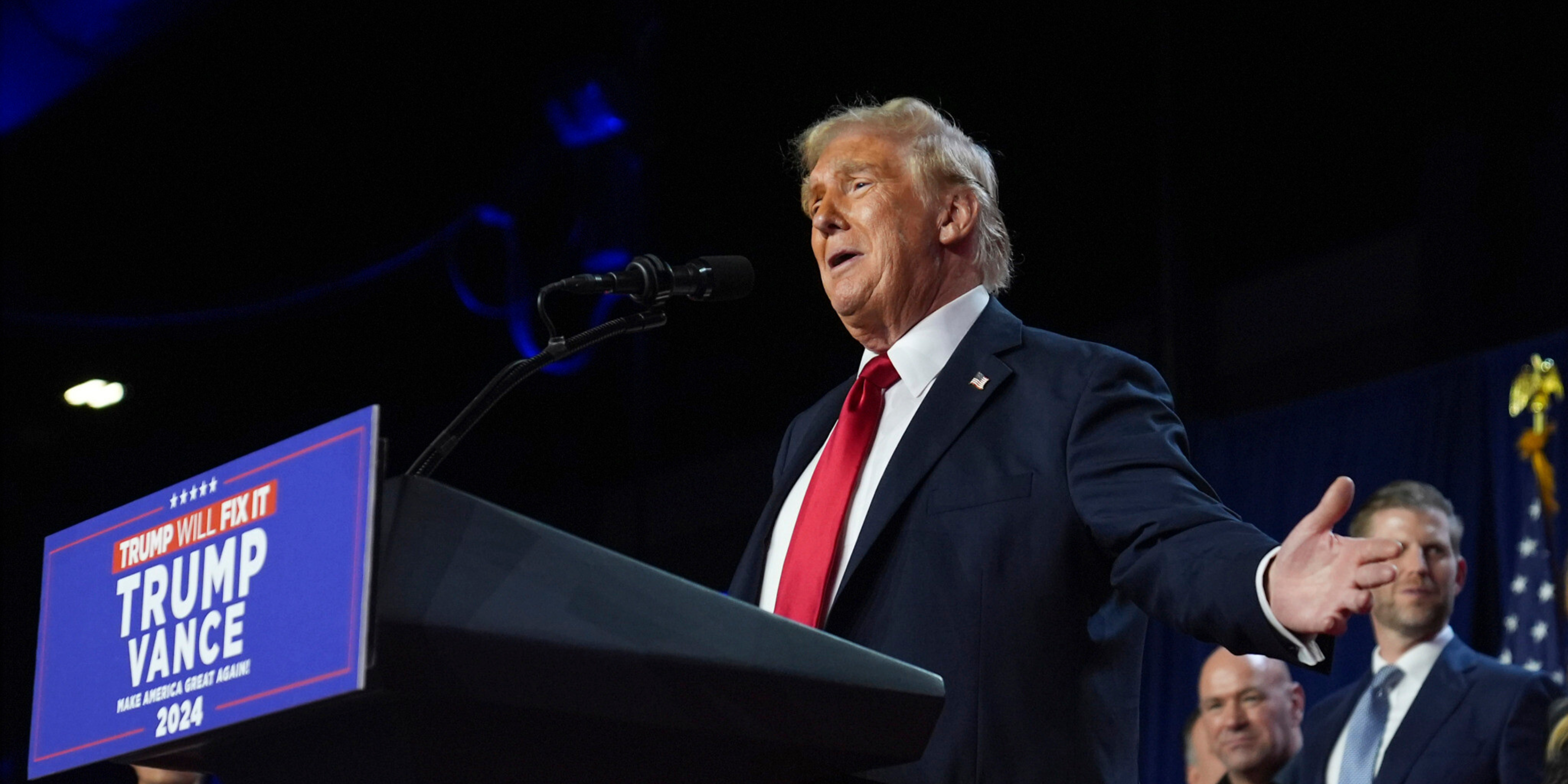
Donald Trump’s 2024 election victory was a watershed moment, resonating deeply with his supporters and altering the trajectory of American politics. After months of intense campaigning and media scrutiny, Trump emerged victorious, securing a strong lead in the Electoral College, despite the narrow margin in the popular vote. His victory was driven by several factors, including his appeal to working-class Americans, his tough stance on immigration, and dissatisfaction with the incumbent administration's policies.
The election results were indicative of the deep political divide in the country. Trump’s ability to rally a base, particularly in swing states, was pivotal to his success. His message resonated with voters who felt that their concerns about rising costs, immigration, and national security were being overlooked by the traditional political establishment. The results showed a clear rejection of the political status quo and an embrace of Trump’s populist rhetoric.
Trump’s success was particularly notable in battleground states like Pennsylvania, Michigan, and Wisconsin, where his campaign focused on addressing economic concerns and bringing manufacturing jobs back to the U.S. He also gained strong support from rural voters, who felt alienated by the urban-centric policies of the Democratic Party. Trump’s appeal to these key demographics helped him win the electoral votes needed to secure the presidency.
His victory has also sparked discussions on the shifting nature of U.S. politics. With the rise of alternative media and a populist wave sweeping through many Western democracies, Trump’s win signals the growing influence of outsider candidates who challenge the traditional political system. His success further underscores the importance of digital media in modern elections, as his campaign’s use of social media platforms and direct communication with voters played a significant role in shaping public opinion.
Trump’s victory is also a testament to the ongoing polarization of American politics. The results revealed a deeply divided electorate, with many Americans feeling that the country’s political institutions were no longer functioning in their best interest. The division between urban and rural voters, along with the stark contrast in economic policies, was evident throughout the campaign and has only grown more pronounced since the election.
Looking ahead, Trump’s victory raises several questions about the future of American democracy. Will his approach to governance continue to be embraced by the electorate, or will the nation shift toward a more centrist or progressive path? As Trump prepares for his second term, the country will be watching closely to see how he navigates the challenges of governing in an era of heightened partisanship and division.
In conclusion, Donald Trump’s 2024 election victory was monumental not only in terms of his personal political success but also in its broader implications for American politics. It revealed the deep fractures within the country and highlighted the growing influence of populist movements. As the nation grapples with these changes, Trump’s presidency will likely remain a defining chapter in the political history of the United States. The coming years will undoubtedly reveal whether his vision for the country can unite or further divide an already polarized nation.
....Donald Trump’s 2024 election victory was a watershed moment, resonating deeply with his supporters and altering the trajectory of American politics. After months of intense campaigning and media scrutiny, Trump emerged victorious, securing a strong lead in the Electoral College, despite the narrow margin in the popular vote. His victory was driven by several factors, including his appeal to working-class Americans, his tough stance on immigration, and dissatisfaction with the incumbent administration's policies.
The election results were indicative of the deep political divide in the country. Trump’s ability to rally a base, particularly in swing states, was pivotal to his success. His message resonated with voters who felt that their concerns about rising costs, immigration, and national security were being overlooked by the traditional political establishment. The results showed a clear rejection of the political status quo and an embrace of Trump’s populist rhetoric.
Trump’s success was particularly notable in battleground states like Pennsylvania, Michigan, and Wisconsin, where his campaign focused on addressing economic concerns and bringing manufacturing jobs back to the U.S. He also gained strong support from rural voters, who felt alienated by the urban-centric policies of the Democratic Party. Trump’s appeal to these key demographics helped him win the electoral votes needed to secure the presidency.
His victory has also sparked discussions on the shifting nature of U.S. politics. With the rise of alternative media and a populist wave sweeping through many Western democracies, Trump’s win signals the growing influence of outsider candidates who challenge the traditional political system. His success further underscores the importance of digital media in modern elections, as his campaign’s use of social media platforms and direct communication with voters played a significant role in shaping public opinion.
Trump’s victory is also a testament to the ongoing polarization of American politics. The results revealed a deeply divided electorate, with many Americans feeling that the country’s political institutions were no longer functioning in their best interest. The division between urban and rural voters, along with the stark contrast in economic policies, was evident throughout the campaign and has only grown more pronounced since the election.
Looking ahead, Trump’s victory raises several questions about the future of American democracy. Will his approach to governance continue to be embraced by the electorate, or will the nation shift toward a more centrist or progressive path? As Trump prepares for his second term, the country will be watching closely to see how he navigates the challenges of governing in an era of heightened partisanship and division.
In conclusion, Donald Trump’s 2024 election victory was monumental not only in terms of his personal political success but also in its broader implications for American politics. It revealed the deep fractures within the country and highlighted the growing influence of populist movements. As the nation grapples with these changes, Trump’s presidency will likely remain a defining chapter in the political history of the United States. The coming years will undoubtedly reveal whether his vision for the country can unite or further divide an already polarized nation.
By: My India Times
Updated At: 2024-12-13
Tags: us-presidential-election News | My India Times News | Trending News | Travel News
Join our WhatsApp Channel




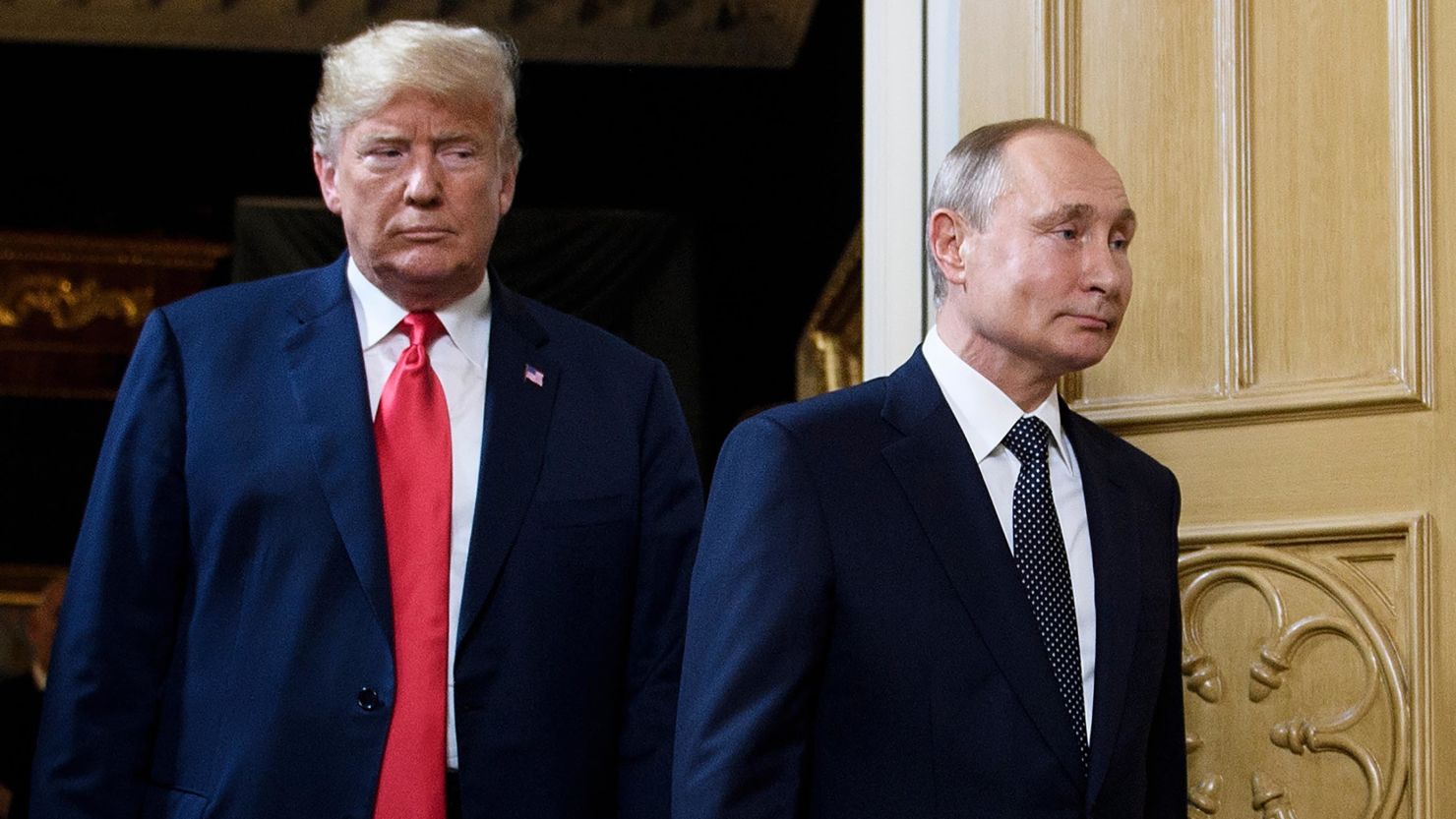
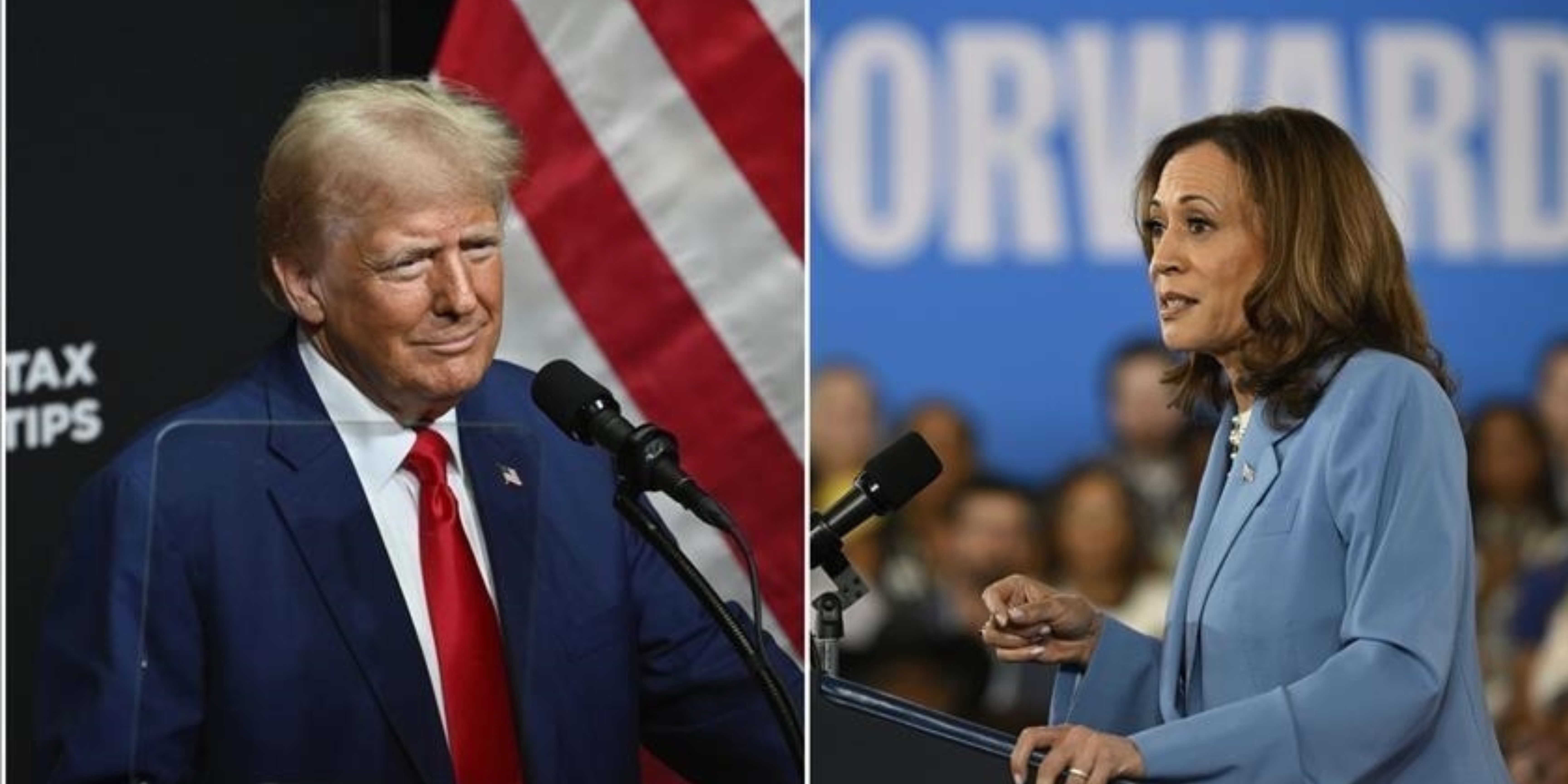




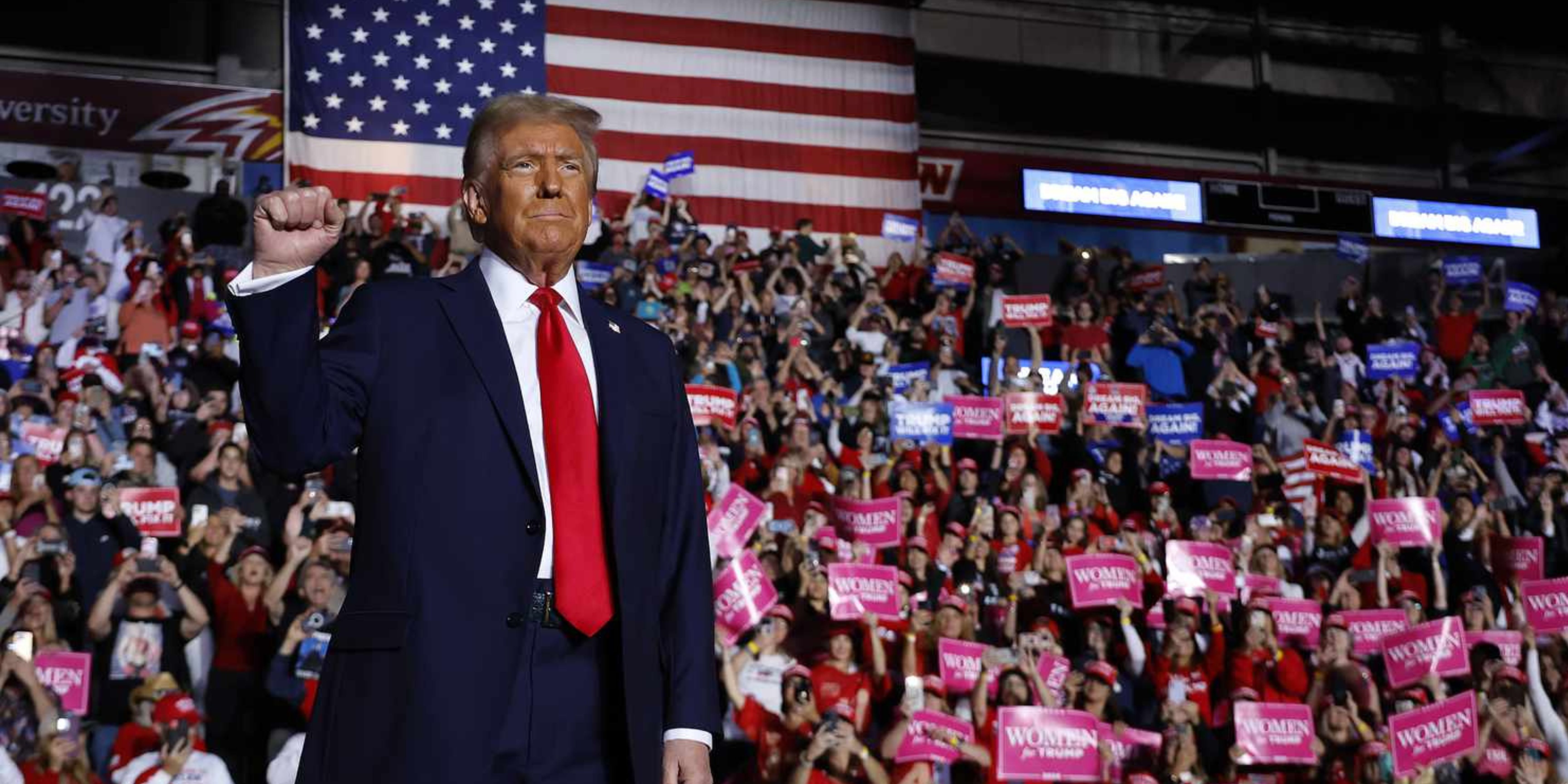


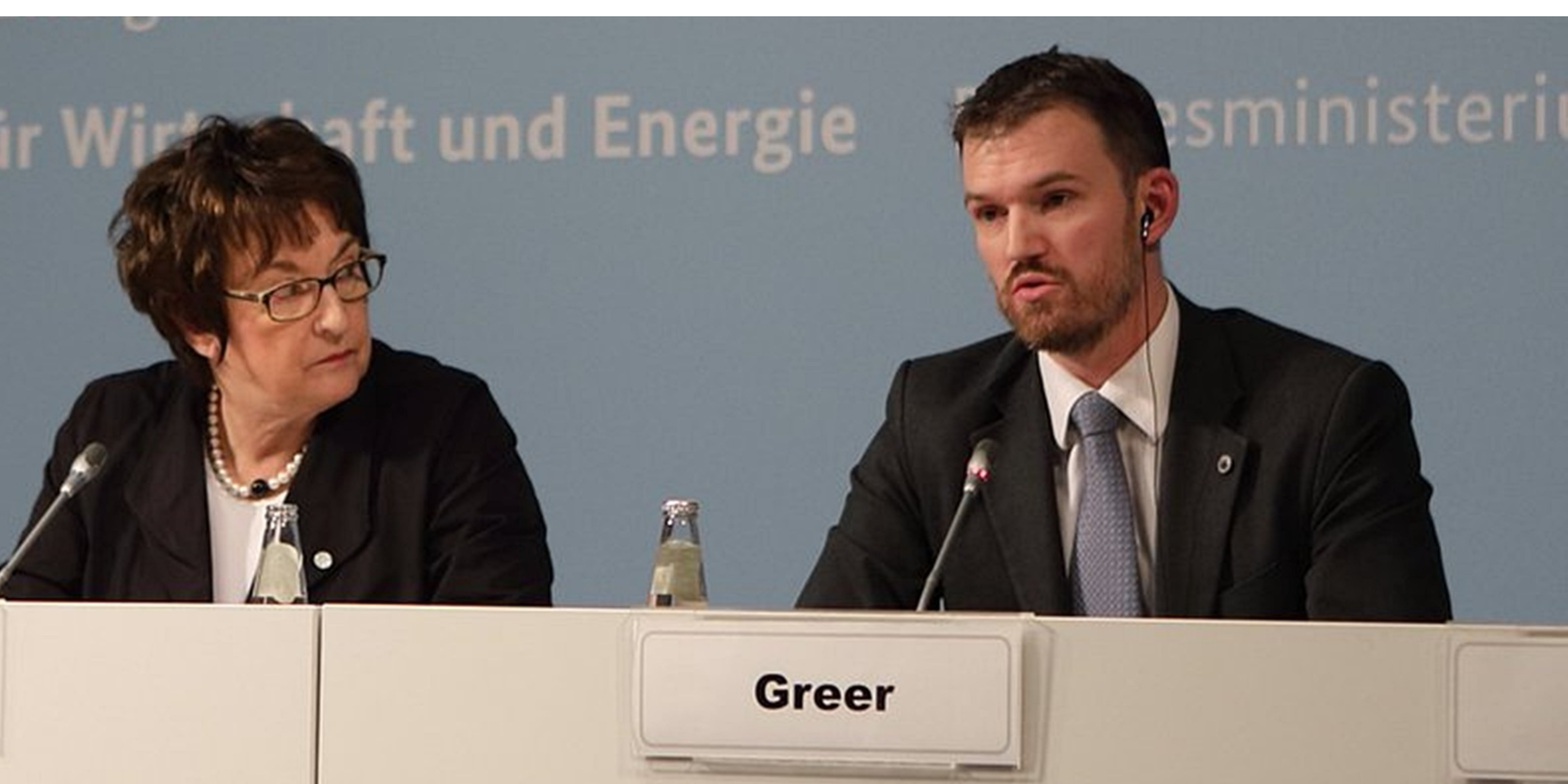




























































































.png)
 (1).png)























